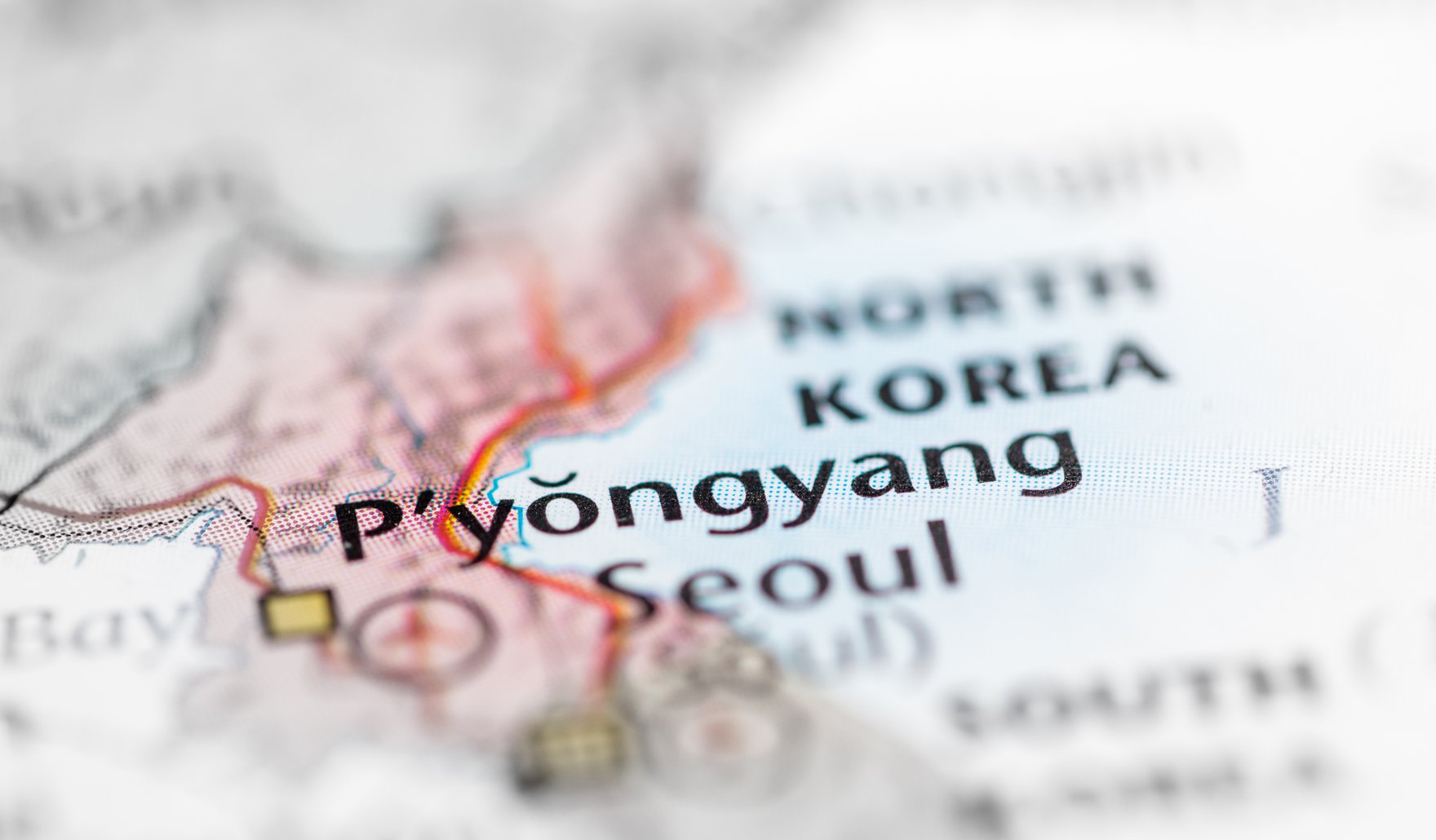One doesn’t ordinarily learn much from US President Donald Trump’s statements and tweets, other than that the man is transparently unfit for office, but sometimes they contain important clues to what to expect, particularly when triangulated with other officials’ statements. North Korea is an ominous case in point.
In Poland on Thursday, Mr. Trump declared North Korea a “global threat” that the United States “will confront … very strongly.” He urged all countries to “publicly demonstrate to North Korea that there are consequences for their very, very bad behaviour,” and said that he is considering “very severe” responses to North Korea’s recent test of an intercontinental ballistic missile (ICBM).
Meanwhile, at the United Nations, US ambassador Nikki Haley said that while the United States would “prefer not to” use military force against North Korea, it was prepared to do so. She also hinted that Washington may impose painful secondary sanctions on countries (e.g., China) that continue to do business with Pyongyang. But in a pointed tweet, Mr. Trump himself seemed to write China off saying “Trade between China and North Korea grew almost 40% in the first quarter. So much for China working with us – but we had to give it a try!”
What if non-military measures fail? “Self-restraint,” Commander of US forces in South Korea Gen. Vincent K. Brooks said, “is all that separates armistice from war.”
This is the kind of language people use when their patience is running out.
It is plain that the Trump administration hopes statements such as these will scare Kim Jong-un into giving up his nuclear weapons and the missiles with which to launch them, or, failing that, compel China to force him to do so.
But for these threats to work, the United States must have the capability and willingness to carry them out, North Korea and/or China must believe that it does and North Korea and/or China must rationally calculate that the costs of noncompliance outweigh the costs of compliance. If only China – but not North Korea – believes these things, then China must also have the capability and the willingness to force Mr. Kim to comply.
Almost none of these conditions holds.
US military options are limited. Surgical strikes would be ineffective, because North Korea has dispersed, hardened, hidden and made mobile many of its key nuclear assets. Only a full Korean War style effort would have any chance of forcibly denuclearizing the North, and as insurance against this North Korea holds Seoul hostage. Kim Jong-un might go down, but with massive artillery barrages, he would take tens or hundreds of thousands of South Koreans with him, devastating Korea’s largest city and destabilizing not only the regional but possibly also the global economy. He might even manage a nuclear strike on Japan. And what of China? Would it stand idly by while the United States advanced up the Korean peninsula? It didn’t in 1950.
As for non-military options, Washington can inflict great economic pain on China for not trying harder. But the US and Chinese economies are so intertwined that more than token measures would almost certainly backfire. And in any case, it is not clear that Beijing has any more leverage over Mr. Kim than Washington does.
Reflecting on all of this, most analysts insist that “no good options” means that the Trump administration’s threats are bluff and bluster.
Don’t count on it. The United States increasingly finds itself in the position of German leaders who felt they had “no good options” in 1914 and still decided to support Austria against Russia, of Japanese leaders who had “no good options” in 1941 and still decided to attack Pearl Harbor and of Soviet leaders who had “no good options” in 1979 and still chose to invade Afghanistan.
In all three cases, the key calculation was that in the face of adverse trends, it is better to gamble sooner rather than later.
At the moment, North Korea’s strategic nuclear capability is suspect. There is no sign yet that they can make a nuclear warhead small enough to fit atop a missile, enable it to survive re-entry or guide it successfully to a distant target. But they are making progress quickly. Eventually – and possibly soon – North Korea will acquire genuine strategic nuclear capability, which Mr. Trump has declared unacceptable. Not many states in history have declared something “unacceptable” only to roll over and accept it when they felt they had a chance to prevent it.
Meanwhile, in Washington, the diplomatists have been running out of arguments in support of non-coercive options, and the hawks are increasingly left standing by default – just as in Berlin, Tokyo and Moscow in prior cases. And in this case the key decision maker, whose greatest fear is to be seen as an unmanly loser, is unlikely to be willing to be seen publicly bested by a North Korean punk.
So pay heed to the increasingly fatalistic language we are now hearing from the Trump administration. It suggests that matters are coming to a head.
This article originally appeared in The Globe and Mail.


